After Bashar al-Assad’s fall, fears linger that victorious Syrian rebels will impose an Islamist crackdown and abuse human rights
The rebels who overthrew Syrian dictator Bashar al-Assad are currently “saying the right things”. But there is ample reason to worry.
The rebels who overthrew Syria’s dictator, Bashar al-Assad, are “saying the right things” to assuage fears of an Islamist crackdown, but Western nations are worried about their intentions concerning the country’s human rights – particularly those of its religious minorities.
Chief among the alliance of rebel groups that quickly seized control of Syria’s major cities across the past fortnight, and forced Assad to flee overseas, is Hayat Tahrir al-Sham (HTS), which is considered a terrorist organisation by the United States, European Union, United Kingdom, Australia and others.

The United Nations has previously accused Tahrir al-Sham of committing serious human rights abuses, including extrajudicial killings, torture and the use of child soldiers.
“HTS detained men, women, and children as young as seven. They included civilians
detained for criticising HTS and participating in demonstrations,” a UN report published in August said.
It argued there were “reasonable grounds” to believe HTS members engaged in “acts of torture and cruel treatment, as well as passing sentences and carrying out executions” without a proper legal process.
Some of those alleged executions targeted women “as punishment for adultery”.
“These acts may amount to war crimes,” the report said.
In addition, the United States Commission on International Religious Freedom, an agency of the American government, concluded women and religious minorities living under HTS’s rule had faced “severe discrimination”.
Last year, the US State Department said HTS had imposed religious dress codes on women, and had executed people for blasphemy, among other acts it classified as “crimes”.
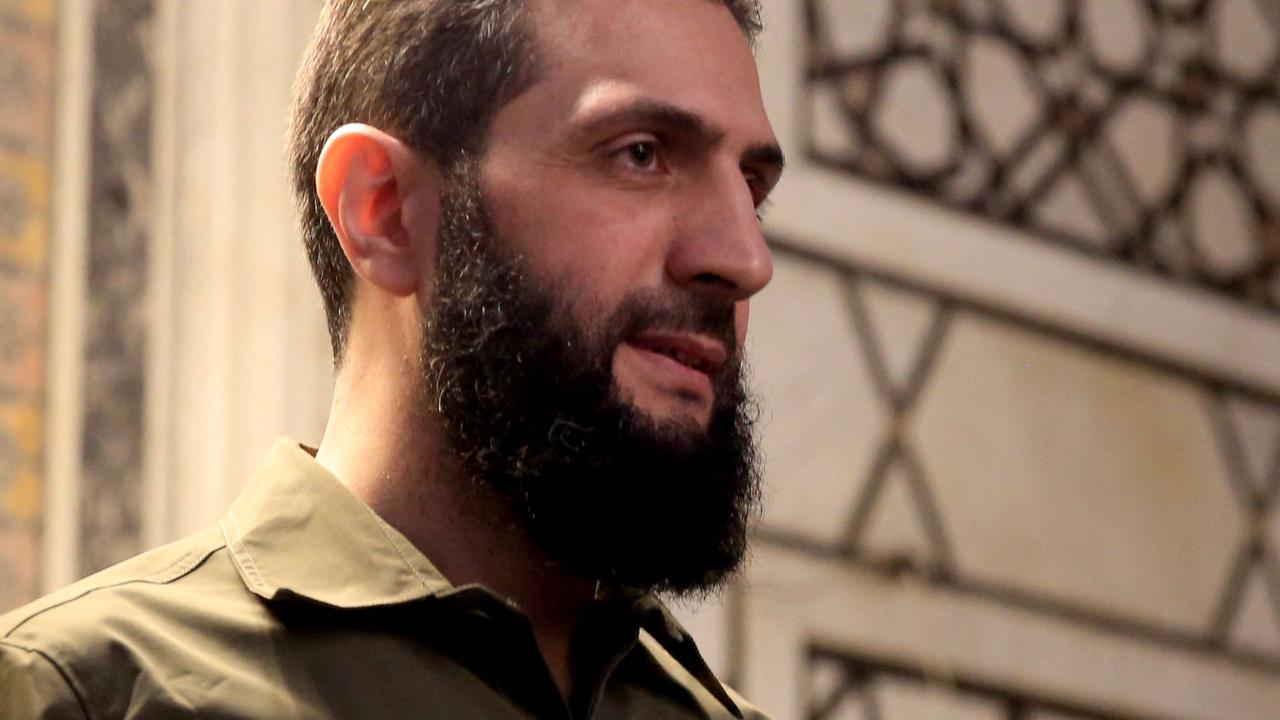
HTS was founded in 2017, sprouting from al-Qaeda and the Islamic State, and establishing control over territory in Syria’s northwest, home to about two million people.
Observers hope, perhaps naively, that the intervening years have moderated the group, shifting it away from its previous extremism.
And it isn’t the only rebel group to worry about. Others in the alliance of fighters that took down Assad have similarly violent roots.
Assad’s Ba’ath political party has committed to support “a transitional phase” in Syria “aimed at defending the unity of the country”.
Prime Minister Mohammed Ghazi al-Jalali has agreed to hand over power to HTS, and what the group describes as a “salvation government”.
‘Saying the right things’
Tahrir al-Sham has issued multiple statements, since toppling Assad, seeking to assure Syrians and the world that it will respect human rights, including for the country’s minorities.
In one such statement, the group claimed it would not impose restrictions on women’s clothing – despite its previous record on the matter.
“It is strictly forbidden to interfere with women’s dress or impose any request related to their clothing or appearance, including requests for modesty,” HTS said.
It has also announced an amnesty for “all conscripted soldiers” who served Assad’s government, saying “their safety is guaranteed” and “any harm or assault against them is strictly prohibited”.
That’s in addition to other rhetoric promising religious and ethnic minorities, including Syria’s significant population of Christians, that they’ll be protected.
Speaking to CNN last week, the group’s leader, Abu Mohammad al-Jolani, was pressed about its stance on human rights.
“People who fear Islamic governance either have seen incorrect implementations of it or do not understand it properly,” he claimed.
Al-Jolani conceded there had been “some violations” against minorities “by certain individuals during periods of chaos”, but distanced HTS itself from responsibility for those abuses, saying the “issues” in question had been “addressed”.
“No one has the right to erase another group. These sects have coexisted in this region for hundreds of years, and no one has the right to eliminate them,” he said.
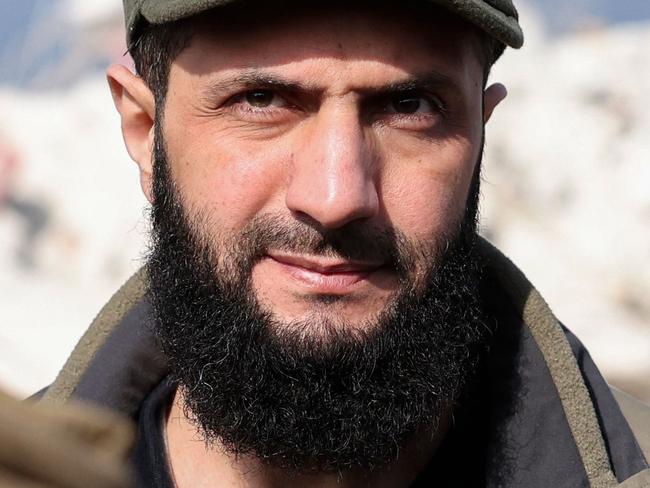
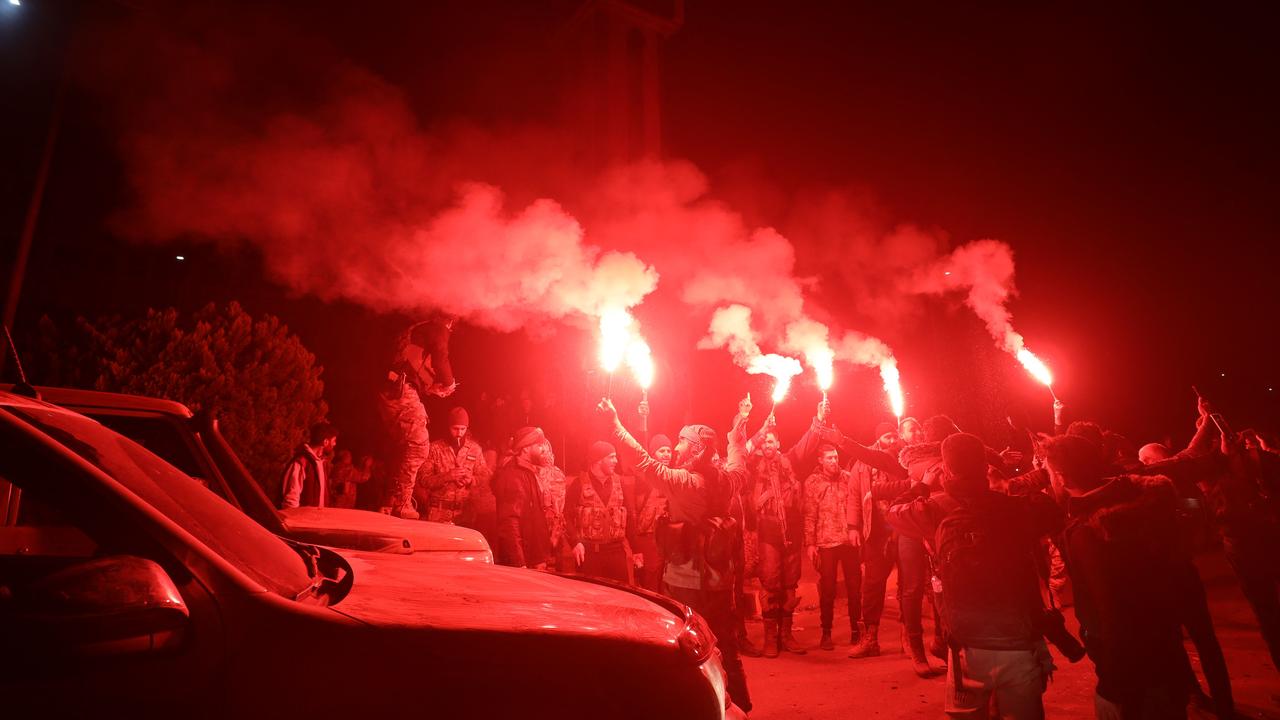
The White House held a press call with journalists, during which it said the destruction of Assad’s regime was “a momentous event” and a “fundamental act of justice”.
US officials, who spoke on background, were asked about HTS’s human rights record.
“As (President Joe Biden) noted, various leaders of rebel groups, including HTS, are saying the right things,” they said.
“Syria is such a rich, diverse country, and there has to be a role for all minority groups, ethnic groups, and opposition groups, and commitment to the rule of law, and everything else.
“It’s a broad kind of kaleidoscope of groups, and I think we have to be smart in how we deal with it, and also very mindful and pragmatic about the realities on the ground. All we can say is that HTS is, again, saying the right things so far, doing the right things.
“But they are not the only group. And there’s a series of opposition groups that reached Damascus from the south. They’re very different.”
The White House officials said it would “take an enormous effort from everybody” to rebuild Syria into a functioning, liberal country.
Across the Atlantic, British Foreign Minister David Lammy stressed that Assad was a “monster” with “the blood of countless innocents on his hands”.
“We have long hoped to see him gone, and welcome the opportunity this brings for the people of Syria,” Mr Lammy told the United Kingdom’s parliament.
But he added that Assad’s demise brought “no guarantee of peace”.
“This is a moment of danger as well as opportunity,” he said.
“We will judge HTS by their actions, monitoring closely how they and other parties to this conflict treat all civilians in areas they control.”
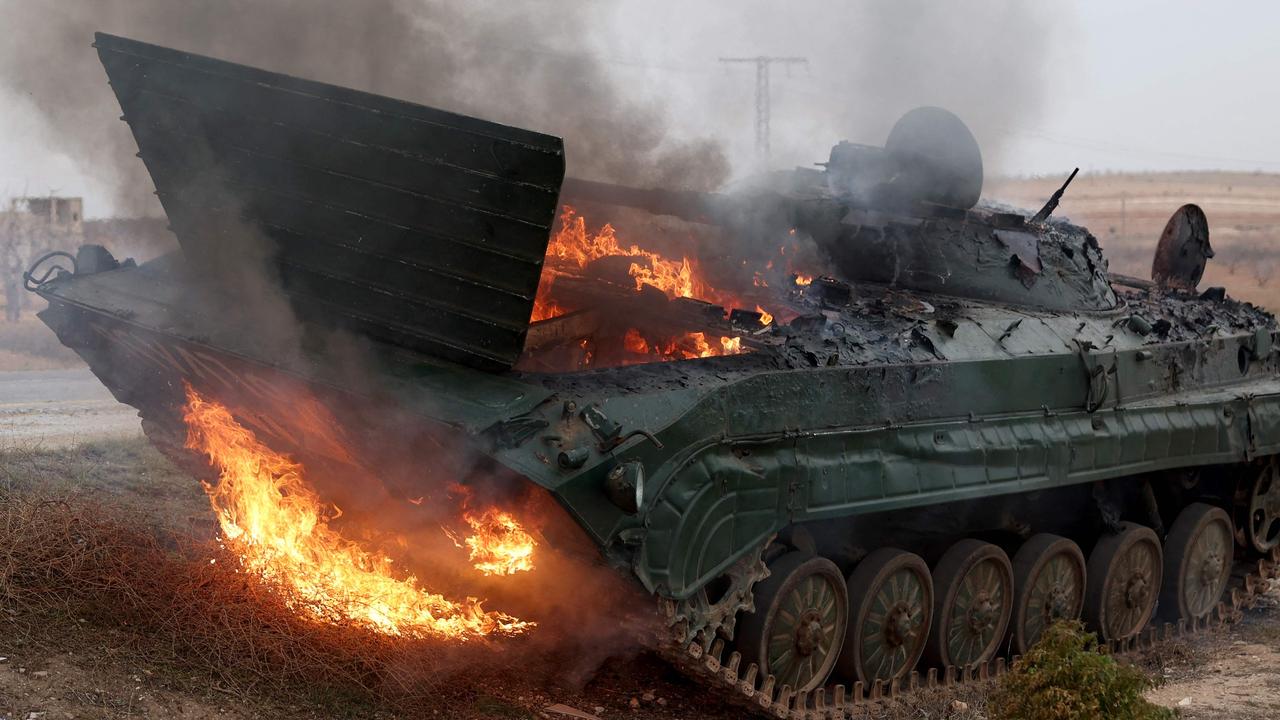
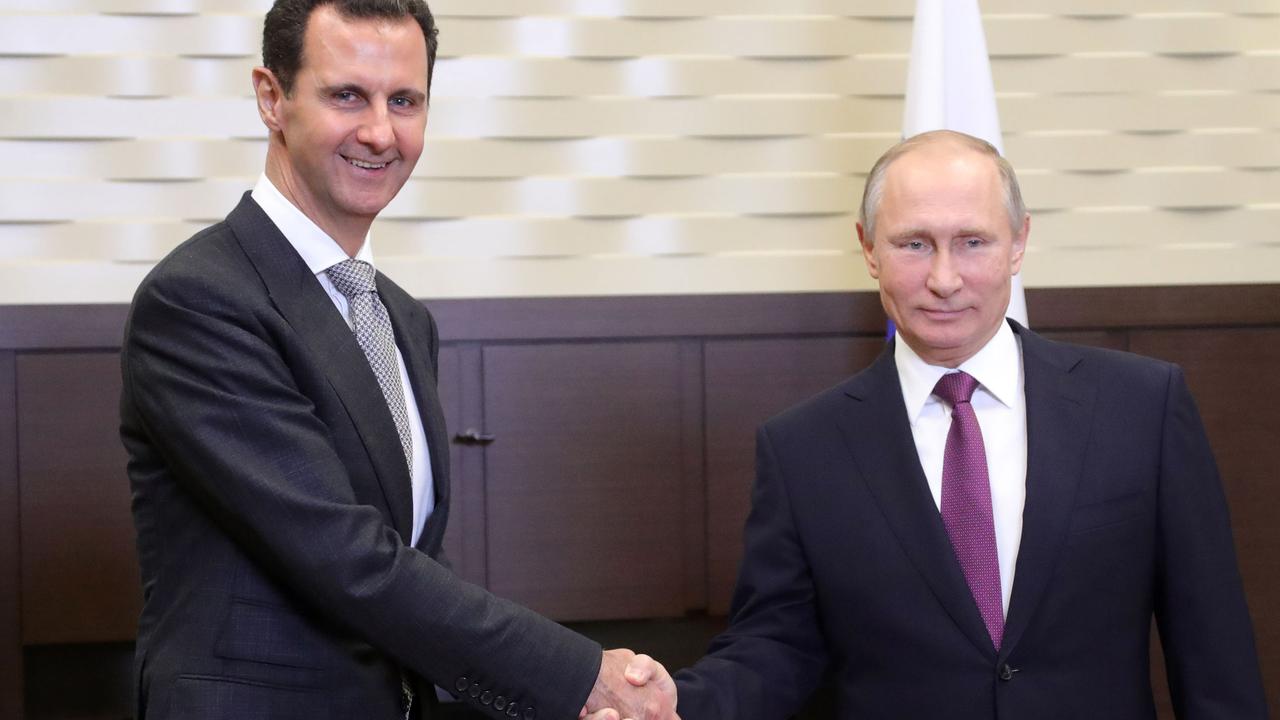
Assad, meanwhile, has fled with his family to Russia, where longtime ally Vladimir Putin has granted him political asylum.
Putin’s stalling invasion of Ukraine, which has sapped his country’s military resources since February of 2022, was undoubtedly a factor in Assad’s fall – Russia was unable to intervene as strongly on his behalf as it had in the past.
“Of course, such decisions cannot be made without the head of state,” Kremlin spokesman Dmitry Peskov said of Putin’s choice to grant Assad asylum.
“It is his decision.”
Peskov said Putin was not planning to meet with the exiled dictator.
‘Serious concerns’ about chemical weapons
Among Assad’s many crimes was the use, more than once, of illegal chemical weapons against his own people. The continuing existence of such weapons is a huge concern, now, with the country’s governance in flux.
The Organisation for the Prohibition of Chemical Weapons (OPCW), the United Nations’ chemical weapons watchdog, today said it had contacted Syrian authorities “with a view to emphasising the paramount importance of ensuring the safety and security of all chemical weapons-related materials and facilities”.
“The Syrian declaration of its chemical weapons program still cannot be considered as accurate and complete,” the body said.
“Serious concerns have remained about the completeness of Syria’s declaration and the fate of significant amounts of chemical weapons unaccounted for.”
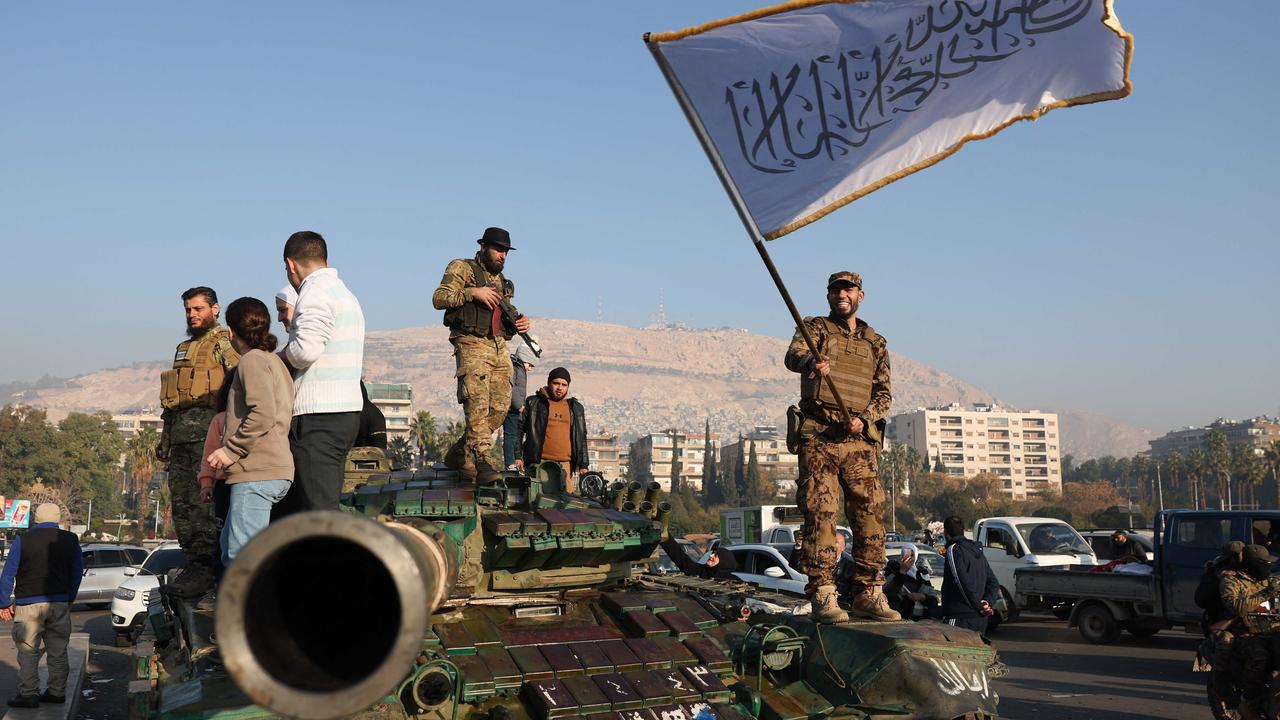
HTS has publicly spoken of its “readiness to co-operate with the international community in everything related to monitoring weapons and sensitive areas”.
The group has also said it will safeguard the country’s remaining chemical weapons stockpiles and ensure they aren’t used against citizens.
“We clearly state that we have no intention or desire to use chemical weapons or any weapons of mass destruction under any circumstances,” it said.
“We will not allow the use of any weapon, whatever it may be, against civilians, or (allow them to) become a tool for revenge or destruction.
“We consider the use of such weapons a crime against humanity.”





